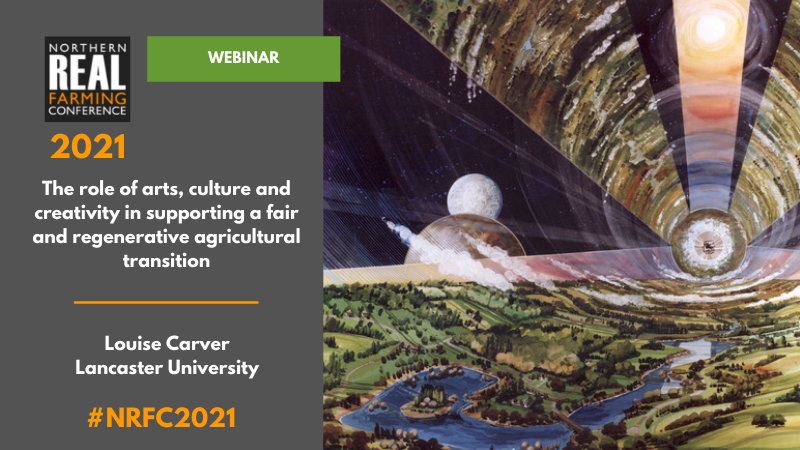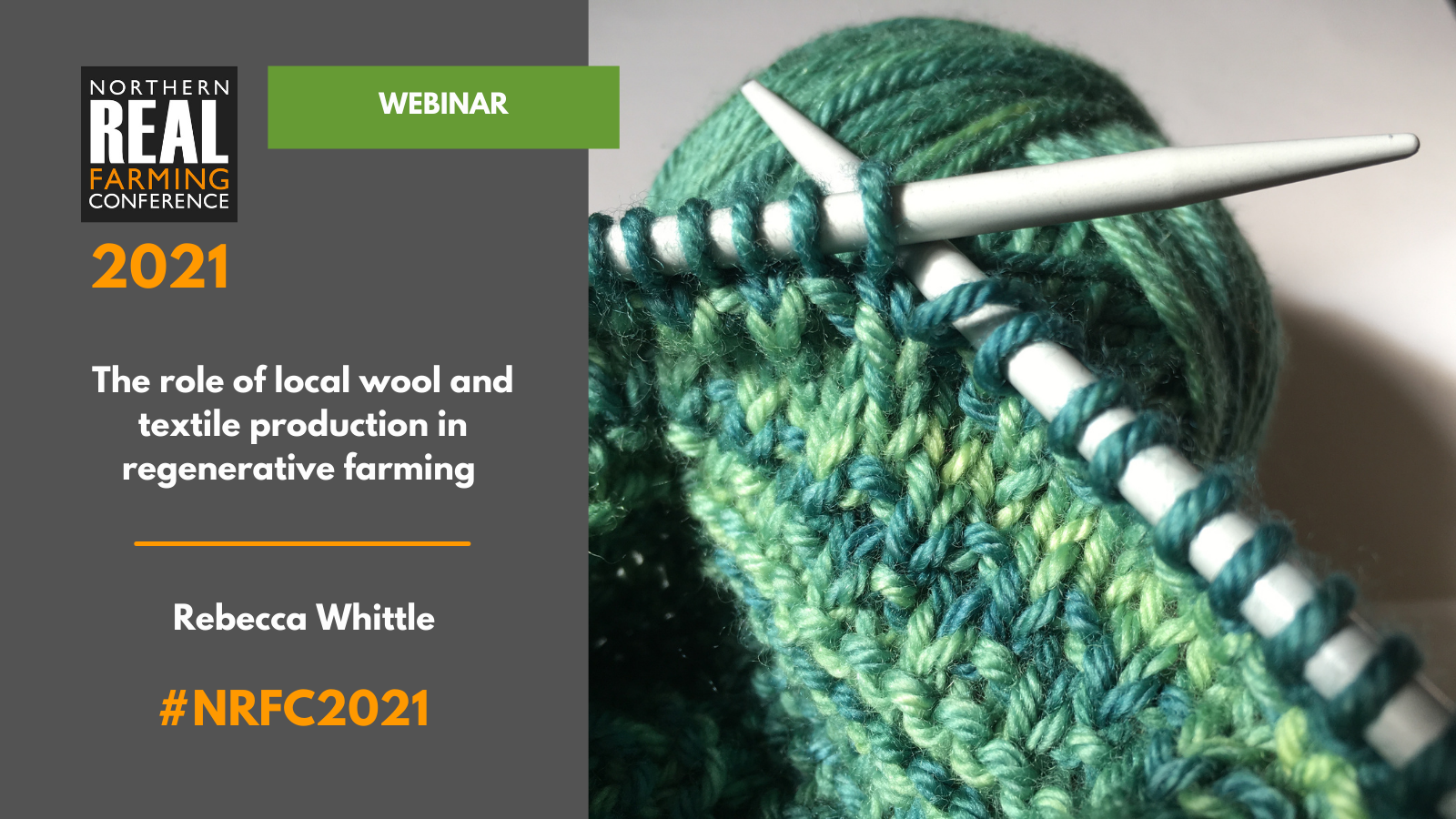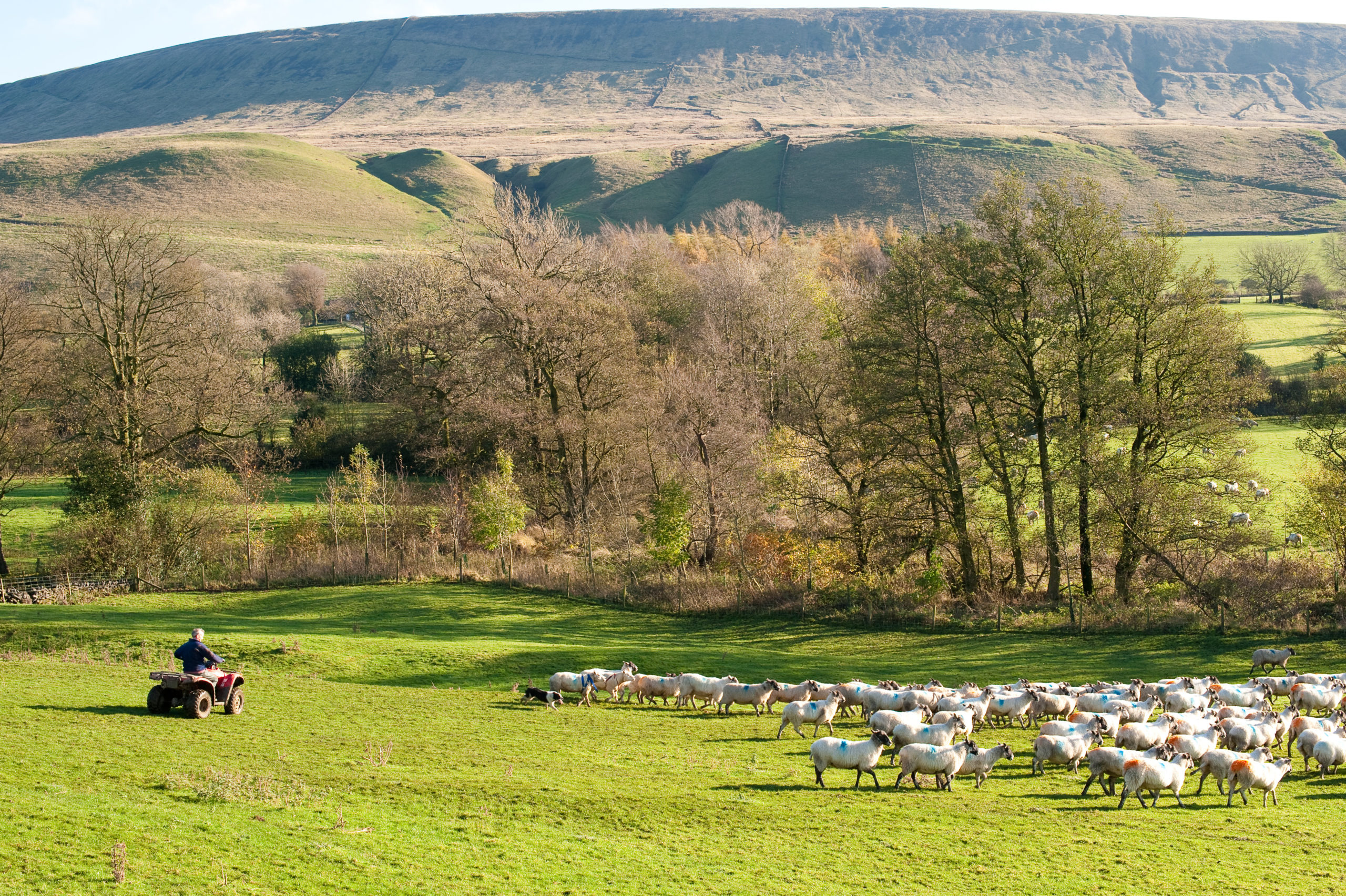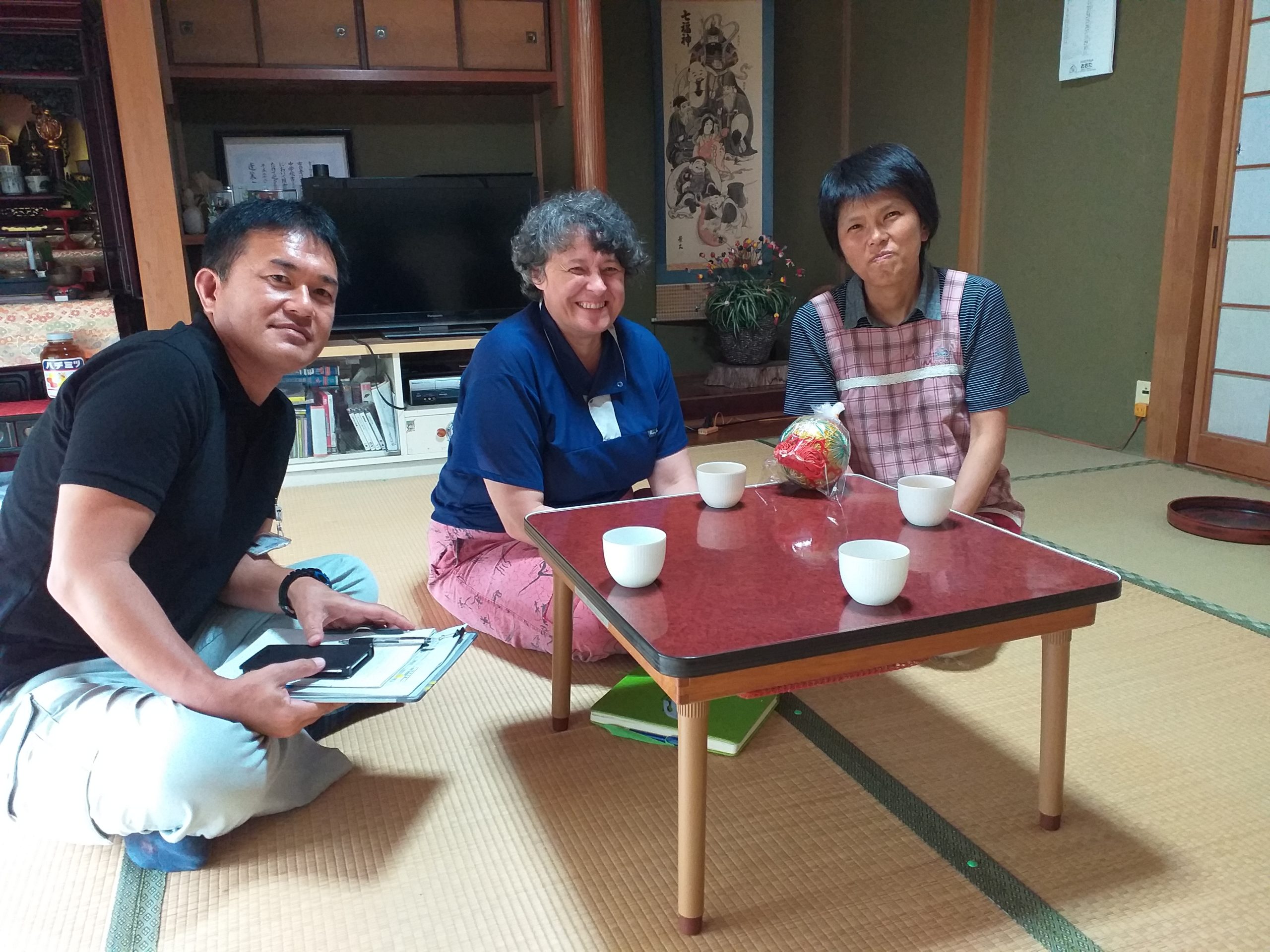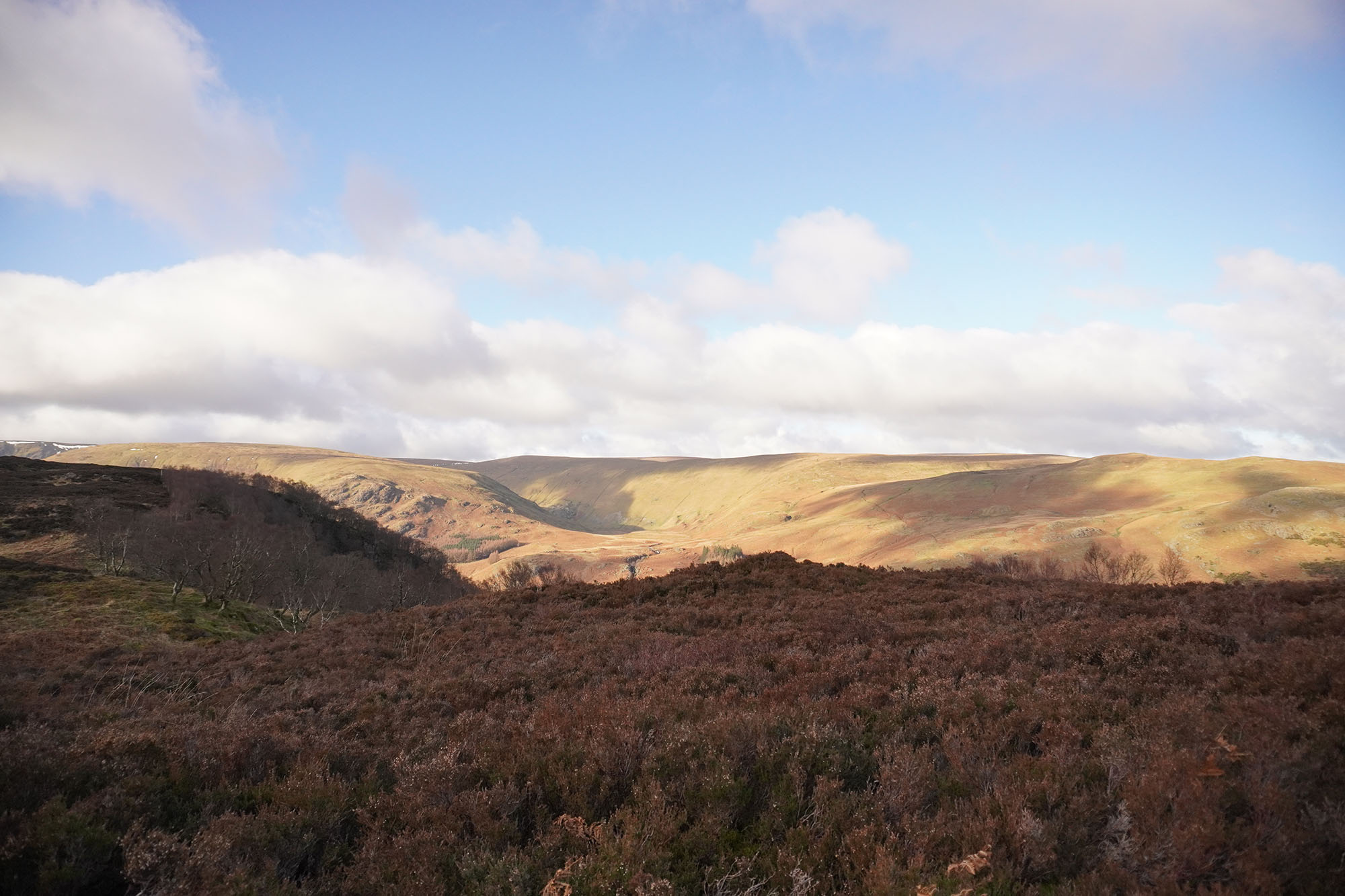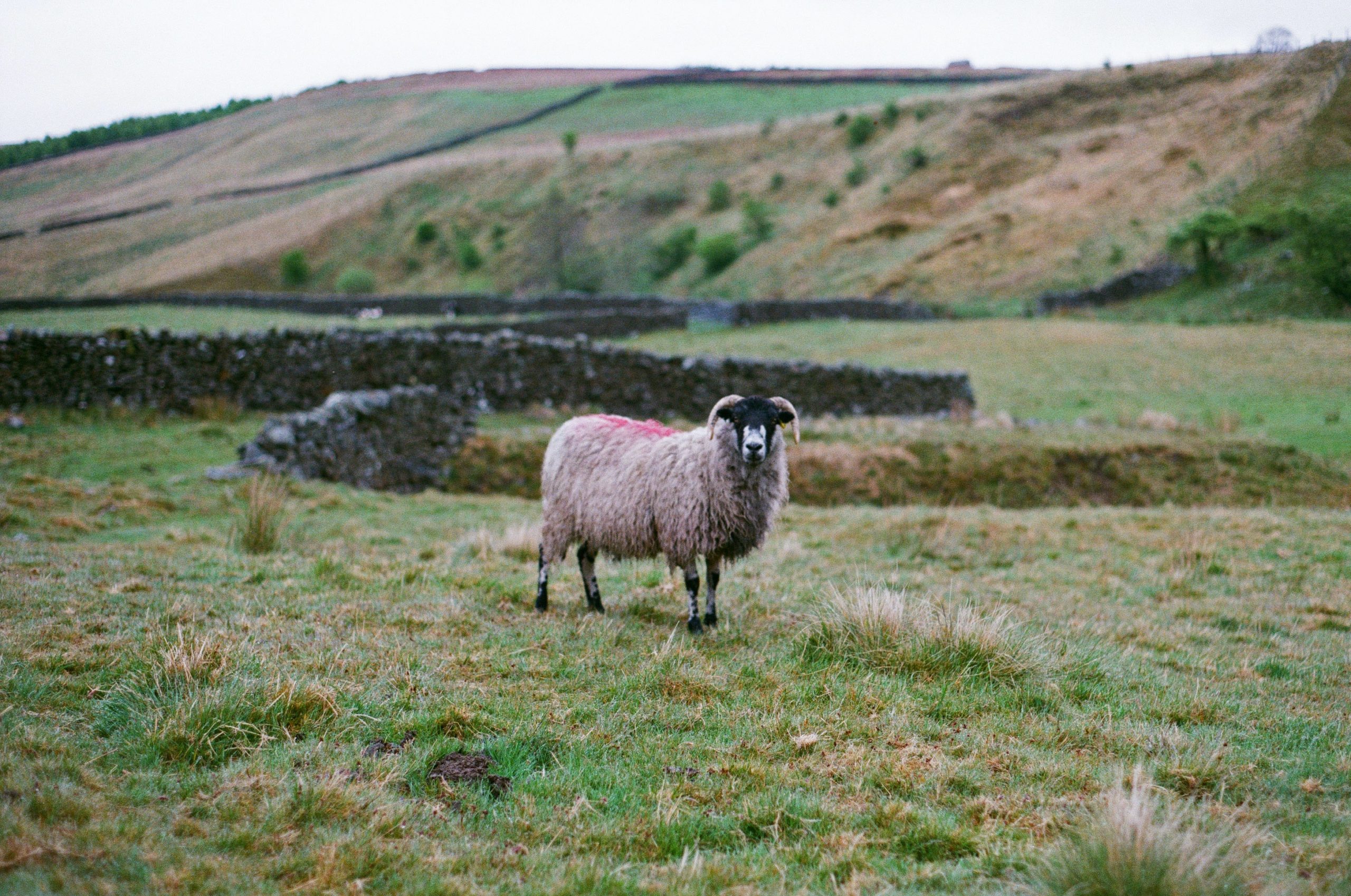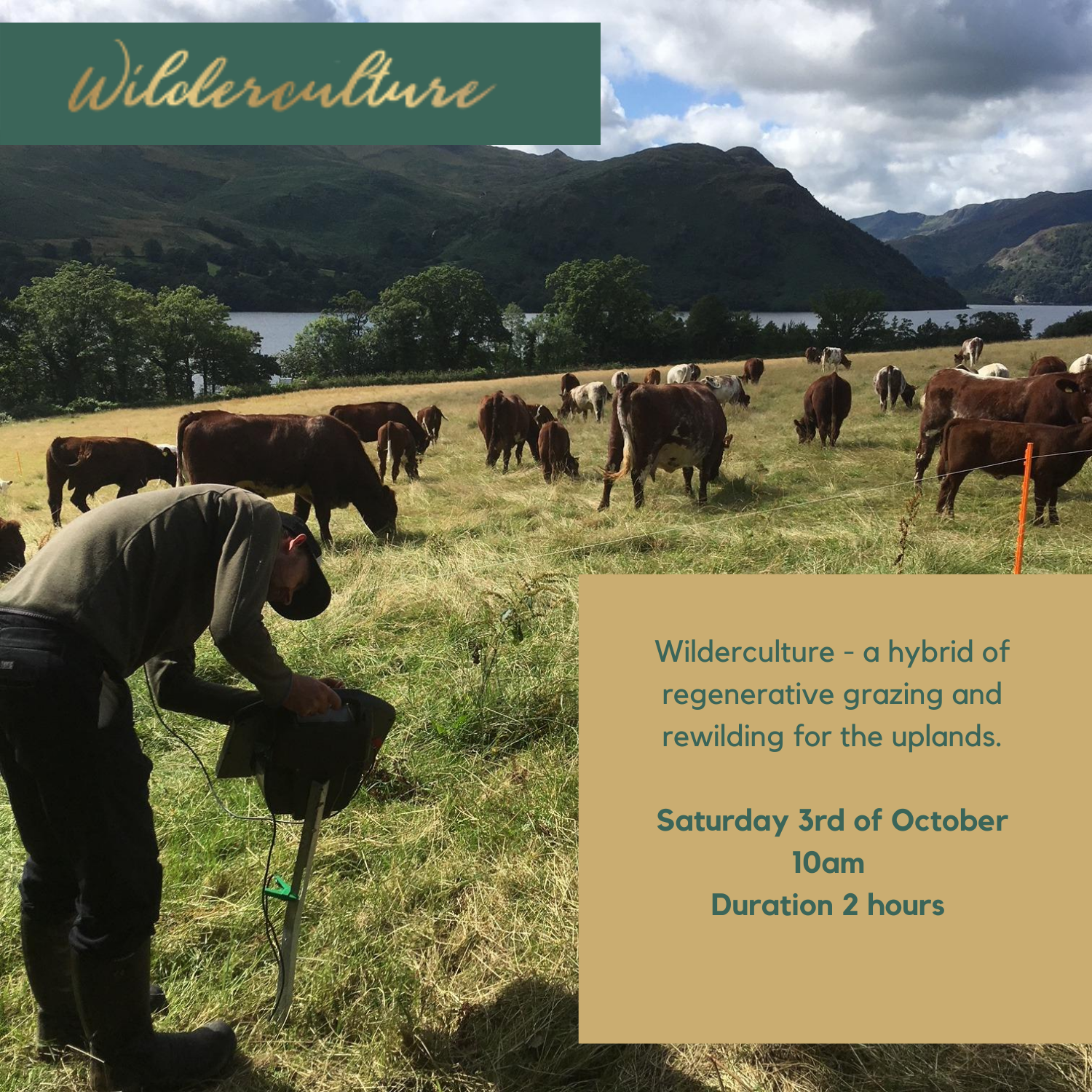Hosted by the University of Lancaster
Speakers/hosts include:
Louise Carver – Louise is a researcher, curator, and writer. She develops creative and participatory forms of engagement working across geography, policy and the arts. She was recently a Parliamentary Office for Science and Technology Academic Fellow on ‘Sustainable Land Management’ in England. She is an Honorary Researcher at Lancaster Environment Centre.
Ewan Allinson – Ewan is a sculptor, cultural landscape innovator, broadcaster, and Master Craftsman dry-stone waller. Ewan is the founder of the Northern Heartlands, a cultural and arts organisation working to give space to marginalised voices in farming, and an advisor to the Uplands Alliance. Ewan served as vice-chair of the award winning HLF Heart of Teesdale Landscape Partnership (HoT LP) from 2011-2016. He is currently undertaking PhD research at the University of Dundee’s College of Art, exploring the potential for art to help give voice to hill farmers and crofters embedded ways of knowing about land and nature.
Daniel Stanley – Daniel is the CEO of Future Narratives Lab and co-author with Shared Assets of the study “Power in Place: A New Narrative for Land”. Daniel is also strategic communications specialist, with a background in social psychology and community organising. He writes and lectures on narrative, values & framing.
Maddi Nicholson – Maddi is the Artist Founder Director of Art Gene in Barrow-in-Furness, along side Stuart Bastik. Her diverse practice involves working primarily with people and place – her interest is in communities: communities of people, of objects, of interest, of life – and the choices and allegiances that one makes. Her work is concerned with Art Gene’s role in bringing intelligent social and economic regeneration and reform to the Barrow-in-Furness area and beyond.

